As the world enters a new year, the Covid-19 pandemic is still upsetting our daily lives. And as 75% of EU citizens live in urban areas, cities are the most prominent stage both for responding to the health crisis, and for seizing opportunities to recover and move forward. Meanwhile, in 2020, EU countries agreed to Next Generation EU, a €750 billion recovery package that represents a once-in-a-generation opportunity.
This report argues that cities should be given more say over how post-pandemic national recovery plans pan out between here and 2026, when all projects are supposed to be wrapping up. Indeed, the success of the EU recovery plans will hinge upon what cities do, or they don’t do over the next five years. How are cities rethinking their role within the “twin” green and digital transitions? How can they achieve gender parity, reduce inequalities, and preserve a vibrant cultural life?
ISPI. L’ISPI è un think tank indipendente dedicato allo studio delle dinamiche politiche ed economiche internazionali fondato nel 1934. È l’unico istituto italiano – e tra i pochissimi in Europa – ad affiancare all’attività di ricerca un significativo impegno nella formazione, nella convegnistica e nell’analisi dei rischi e delle opportunità a livello mondiale per le imprese e le istituzioni. L’ISPI privilegia un approccio interdisciplinare e “policy-oriented” reso possibile da un team di ricerca di oltre 50 analisti e può inoltre contare su un network internazionale di 70 università, think tank e centri di ricerca. Nella classifica redatta dall’Università di Pennsylvania, l’ISPI si è posizionato al primo posto al mondo tra i “Think Tank to Watch” nel 2020.
DATI BIBLIOGRAFICI
A cura di: Anna Lisa Boni, Andrea Tobia Zevi
Editore: Ledizioni
Collana: Pubblicazioni ISPI
Pubblicato in: gennaio 2022
Lingua: inglese
Formato: brossura 158 p. – ePub
ISBN cartaceo: 9788855266123
ISBN ePub: 9788855266130
Prezzo cartaceo: 12,00 €
Prezzo ePub: 6,99 €


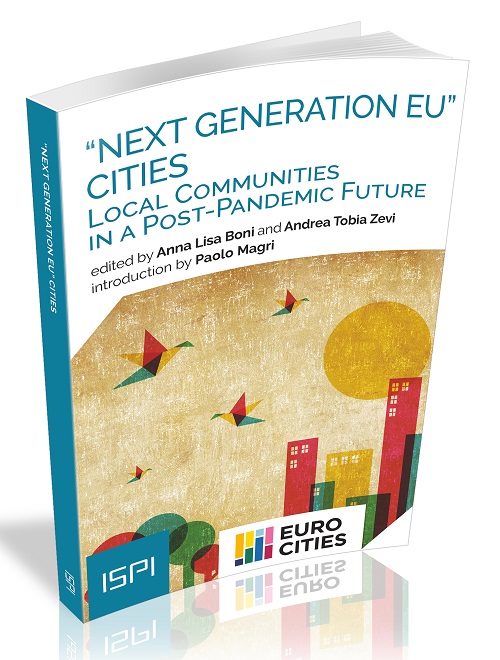
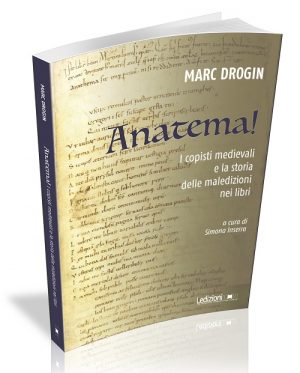
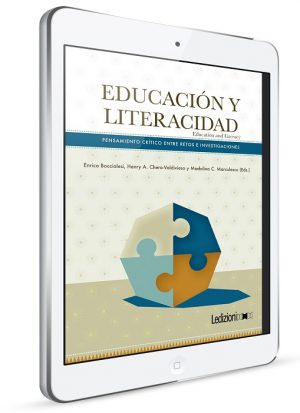





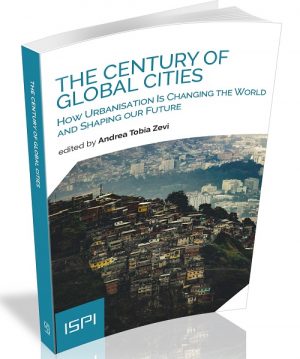
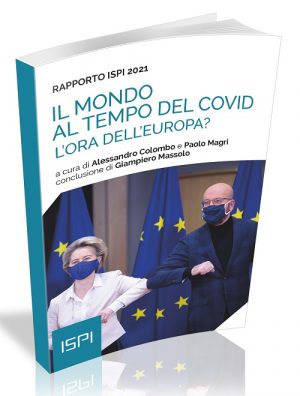
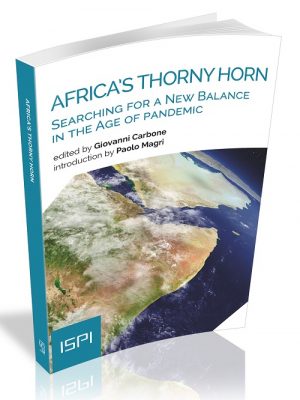

Recensioni
Ancora non ci sono recensioni.